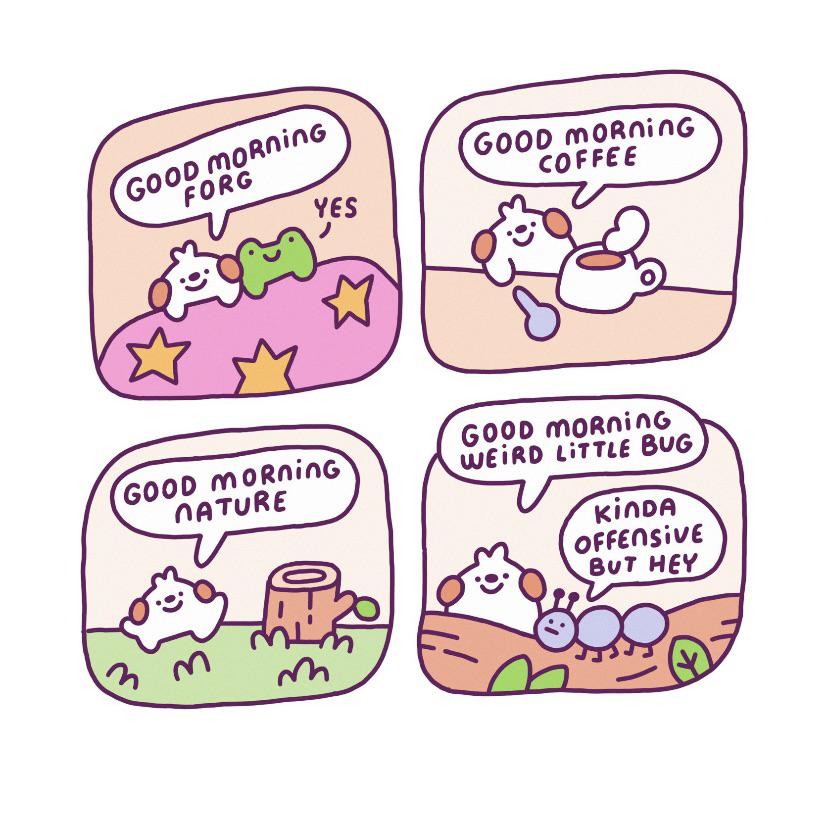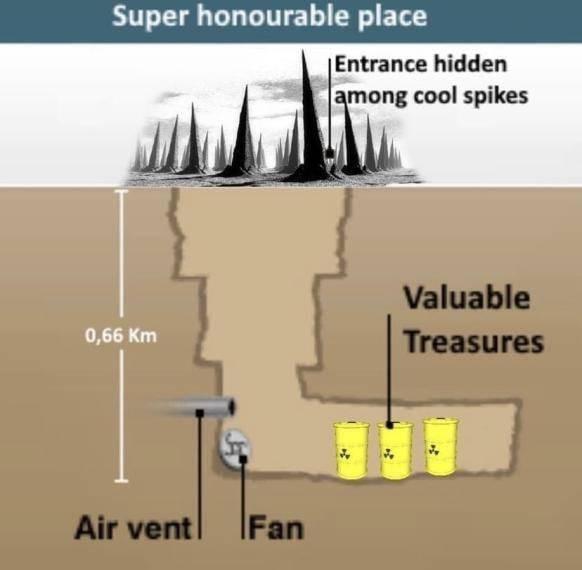I'm not a Gnome user, but I'm geniunely hyped for the new tiling feature. If KDE doesn't get something similar soon I might change DE just for that.
The Amazon is so close to the Equator that the seasons don't really affect the temperature that much. The main difference is that southern hemisphere winter is the dry season, hence the drought issues right now.
Not to downplay the role of climate change and deforestation, of course.
Only 95?
Some of the inventions that historically took way longer than you'd expect: the shoe, the wheelbarrow, and the stirrup.
Also archival techniques so that history's not as messy the next time around.
Readings in Classical Chinese Philosophy is a great little collection of some central texts, with minimal but helpful commentary. Some, like the Analects and the Daodejing, are short enough to be printed in full, and others have selections.
For Indian philosophy, I don't have any immediate recommendations. I've heard good things about Edward Conze's books on the history of Buddhism, but have never read them myself. Odds are they might be a bit dated, but still a strong introduction.
For a general overview, Peter Adamson's podcast and book series History of Philosophy Without any Gaps is usually great, and his strong suit is in medieval islamic thought.
Thank god that's changing tho. CK3 and (though to a lesser extent) Vicky 3 both have relatively decent tutorials.
There's also plenty of FOSS obsidianlikes. Logseq looks promising, but I'm sticking with Obsidian because I rely a lot on some of the extensions.
Either way, migrating is as easy as opening the same folder in one app or the other, so you might as well try.
I'm not a huge fan of the graphics in these 2D FF remasters, they feel 'neither here nor there' with some elements in pixel art and some not.
Octopath Traveler's the only game I feel got away with it, probably because the heavy filtering makes it more consistent.
Tom Scott runs a Podcast (and formerly a gameshow) called Lateral, which is basically all lateral thinking puzzles. I highly recommend it.
Coming from Windows, gnome was the desktop that taught me how to use and appreciate multiple workspaces. I'm now entirely sold on KDE, but there's something to be said about the gnome workflow.









The one the Gnome team is working on right now, as described here.
The basic premise of rearranging windows at an optimal size, without stretching them out to fill fractions of the screen, seems like the perfect medium between floating and tiling.